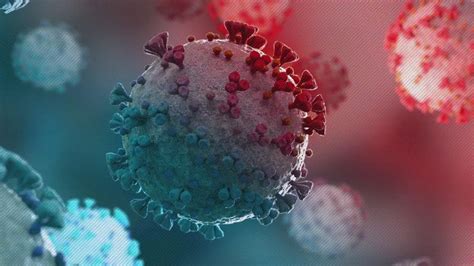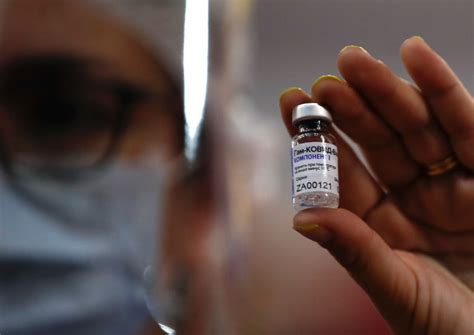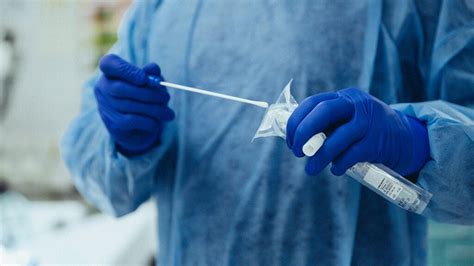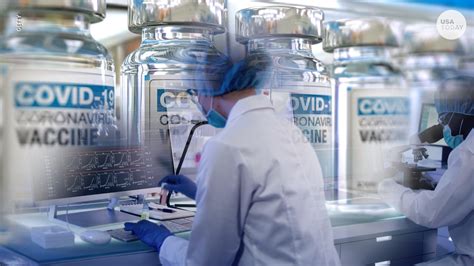Intro
Stay updated on the latest Covid-19 developments with our comprehensive guide to the new variant. Learn about its symptoms, transmission, and impact on vaccines. Understand the risks, prevention measures, and global response to this emerging threat. Get expert insights and stay informed to protect yourself and your loved ones from the evolving pandemic landscape.
The world is still grappling with the COVID-19 pandemic, and just when we thought we were making progress, a new variant has emerged, sending shockwaves across the globe. The COVID-19 new variant, also known as the Omicron variant, has raised concerns about its transmissibility, severity, and impact on public health. As the situation continues to evolve, it's essential to stay informed and understand what this new variant means for you and your loved ones.

The COVID-19 new variant was first detected in South Africa in November 2021, and since then, it has spread to several countries worldwide. The World Health Organization (WHO) has classified it as a "variant of concern," which means it has the potential to cause significant harm to public health.
What Makes the COVID-19 New Variant Different?
The COVID-19 new variant has several mutations that distinguish it from the original SARS-CoV-2 virus. These mutations affect the virus's ability to infect cells, replicate, and evade the immune system. Some of the key differences include:
- Increased transmissibility: The new variant is thought to be more contagious than the original virus, which means it can spread more easily from person to person.
- Changes in the spike protein: The spike protein is the part of the virus that attaches to human cells. The new variant has changes in this protein that may make it more effective at infecting cells.
- Immune evasion: The new variant may be able to evade the immune system more effectively, which means it could potentially infect people who have previously been infected or vaccinated.
How Does the COVID-19 New Variant Affect Vaccination Efforts?
The emergence of the new variant has raised concerns about the effectiveness of COVID-19 vaccines. While the vaccines have been shown to be highly effective against the original virus, it's unclear how well they will work against the new variant.
- Reduced vaccine efficacy: Some studies suggest that the new variant may reduce the efficacy of COVID-19 vaccines, although the exact extent of this reduction is still unknown.
- Booster shots: Some experts recommend booster shots to protect against the new variant, although this is still a topic of debate.
What Can You Do to Protect Yourself?
While the situation is still evolving, there are steps you can take to protect yourself and your loved ones:
- Get vaccinated: If you haven't already, get vaccinated against COVID-19. While the vaccines may not be 100% effective against the new variant, they can still provide significant protection.
- Follow public health guidelines: Continue to follow public health guidelines, such as wearing masks, practicing social distancing, and washing your hands regularly.
- Stay informed: Stay up to date with the latest information on the COVID-19 new variant and follow reputable sources, such as the WHO and the Centers for Disease Control and Prevention (CDC).

What Are the Symptoms of the COVID-19 New Variant?
The symptoms of the COVID-19 new variant are similar to those of the original virus, although some people may experience milder symptoms. The most common symptoms include:
- Fever: A high temperature, usually above 100.4°F (38°C).
- Cough: A dry or wet cough, which may be mild or severe.
- Fatigue: Feeling extremely tired or weak.
- Headache: A headache, which may be severe.
- Sore throat: A sore throat, which may be mild or severe.
How Is the COVID-19 New Variant Diagnosed?
Diagnosing the COVID-19 new variant requires a combination of clinical evaluation, laboratory testing, and epidemiological investigation. Healthcare professionals may use the following methods to diagnose the new variant:
- PCR testing: Polymerase chain reaction (PCR) testing is a laboratory test that detects the genetic material of the virus.
- Antigen testing: Antigen testing detects the presence of viral antigens in a sample.
- Sequencing: Genetic sequencing is used to identify the specific mutations present in the virus.

What Is the Treatment for the COVID-19 New Variant?
The treatment for the COVID-19 new variant is similar to that of the original virus. Treatment options may include:
- Antiviral medications: Antiviral medications, such as remdesivir, may be used to treat severe cases of COVID-19.
- Supportive care: Supportive care, such as oxygen therapy and mechanical ventilation, may be used to manage symptoms and prevent complications.
- Monoclonal antibodies: Monoclonal antibodies, such as bamlanivimab, may be used to treat mild to moderate cases of COVID-19.
What's Next?
The COVID-19 new variant is a rapidly evolving situation, and it's essential to stay informed and adapt to changing circumstances. As more information becomes available, public health guidelines and treatment options may change.
- Stay vigilant: Continue to follow public health guidelines and take steps to protect yourself and your loved ones.
- Support vaccine development: Support ongoing vaccine development and distribution efforts to ensure that everyone has access to effective vaccines.
- Stay informed: Stay up to date with the latest information on the COVID-19 new variant and follow reputable sources.

We invite you to share your thoughts and concerns about the COVID-19 new variant in the comments section below. How are you staying informed and protected? What questions do you have about the new variant?
What is the COVID-19 new variant?
+The COVID-19 new variant, also known as the Omicron variant, is a new strain of the SARS-CoV-2 virus that has emerged in South Africa and spread to several countries worldwide.
How is the COVID-19 new variant different from the original virus?
+The COVID-19 new variant has several mutations that distinguish it from the original virus, including increased transmissibility, changes in the spike protein, and immune evasion.
What are the symptoms of the COVID-19 new variant?
+The symptoms of the COVID-19 new variant are similar to those of the original virus, including fever, cough, fatigue, headache, and sore throat.
